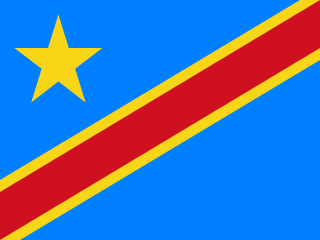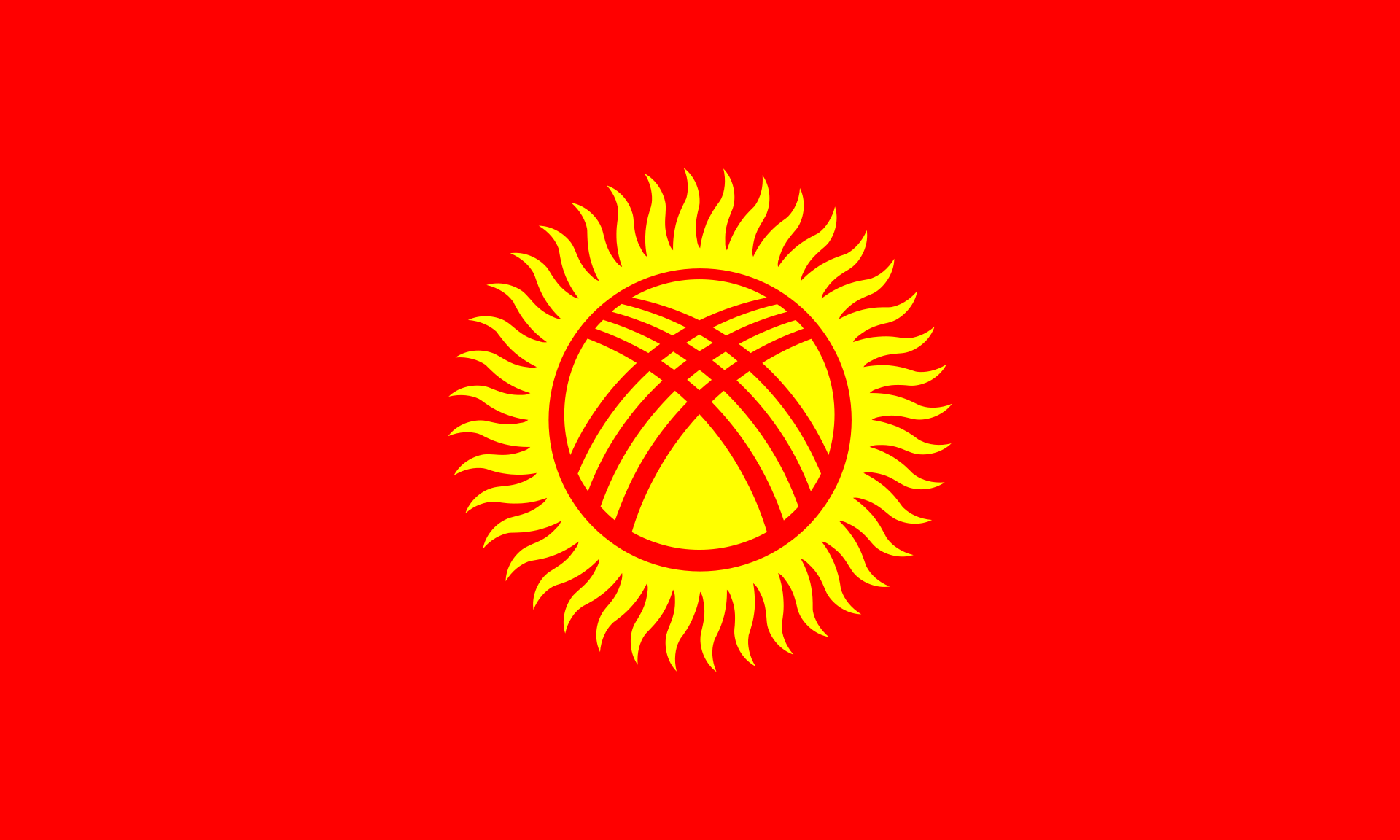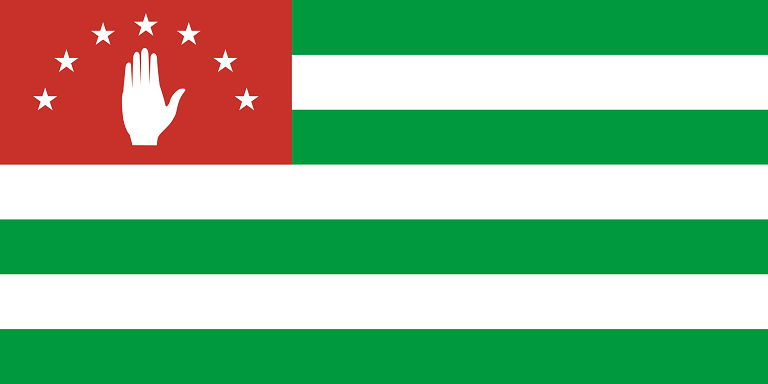Population
125,975,723
Last updated:
1 NovArea
377,975 km2
Last updated:
1 NovCurrency
Japanese yen (¥)
Last updated:
1 NovOfficial Language
Japanese
Last updated:
1 NovPhone code number
+81
Last updated:
1 NovInternet TLD
.jp
Last updated:
1 NovAverage monthly salary
4,200 $
Last updated:
1 NovTotal millionaires
3,662,407 persons
Last updated:
1 NovTotal billionaires
49 persons
Last updated:
1 NovMilitary power
Passport rank
1
Last updated:
1 NovVisa free
192 country
Last updated:
1 NovReligions in Japan
None (62%)
Buddhism (31%)
Shintoism (3%)
Christianity (1%)
Others (1%)
No answer (2%)
Info about Japan (History)
Japan is an island nation in East Asia located in the Pacific Northwest. In the west, it is washed by the Sea of Japan and stretches from the Sea of Okhotsk in the north to the East China Sea and Taiwan in the south. Part of the Ring of Fire, Japan encompasses an archipelago of 6,852 islands with an area of 377,975 square kilometers (145,937 sq mi); the five main islands are Hokkaido, Honshu, Shikoku, Kyushu and Okinawa. Tokyo is the capital and largest city of Japan; other major cities are Yokohama, Osaka, Nagoya, Sapporo, Fukuoka, Kobe and Kyoto.
Japan is the eleventh most populous country in the world and also one of the most populous and urbanized. About three-quarters of the country's territory is occupied by mountains, and a population of 125.36 million is concentrated in the narrow coastal plains. Japan is divided into 47 administrative prefectures and eight traditional regions. The Greater Tokyo area is the most populous metropolitan area in the world with a population of over 37.4 million.
Japan has been inhabited since the Upper Paleolithic period (30,000 BC), although the first written record of the archipelago appears in a Chinese chronicle completed in the 2nd century AD. Between the 4th and 9th centuries, the Japanese kingdoms united under the rule of the emperor and the imperial court based in Heian-kyo. Beginning in the 12th century, political power was in the hands of a number of military dictators (shoguns) and feudal lords (daimyo) and was supported by a class of military nobility (samurai). After a century of civil war, the country was reunited in 1603 under the rule of the Tokugawa shogunate with an isolationist foreign policy. In 1854, the United States Navy forced Japan to open trade with the West, leading to the end of the shogunate and the restoration of imperial power in 1868. During the Meiji period, the Empire of Japan adopted a constitution modeled on the West and continued its program of industrialization and modernization. In 1937, Japan invaded China; in 1941 it entered World War II as an Axis Power. After defeat in the Pacific War and two atomic bombings, Japan surrendered in 1945 and underwent a seven-year Allied occupation, during which it adopted a new constitution. Under the 1947 constitution, Japan retained a unitary parliamentary constitutional monarchy with a bicameral legislature, the National Parliament.
Japan is a great power and a member of numerous international organizations, including the UN (since 1956), the OECD, and the G7. Although the country has relinquished its right to declare war, the country has the Self-Defense Forces, which are considered one of the most powerful armed forces in the world. After World War II, Japan experienced record growth in an economic miracle, becoming the world's second largest economy by 1990. As of 2021, the country's economy is the third largest in terms of nominal GDP and fourth largest in terms of PPP. Japan, a world leader in the automotive and electronics industries, has made significant contributions to science and technology. Japan, which is ranked very high on the Human Development Index, has one of the highest life expectancy rates in the world, although it is experiencing a decline in population. Japan's culture is well known throughout the world, including art, cuisine, music and popular culture, which spans the prominent comic, animation and video game industries.
Important information about Japan
1- What is the population of Japan?
answer: The total population of Japan is 125,975,723 in 2021.
2- Who is the president of Japan?
answer: Naruhito is the current president of Japan.
3- What is the area of Japan?
answer: The total area of Japan is 377,975 km2 .
4- What is the official language of Japan?
answer: The official language of Japan is Japanese .
5- What is the currency of Japan?
answer: The currency of Japan is Japanese yen (¥) .
6- How much is the average salary in Japan?
answer: The average salary in Japan is 4200$ in 2021.
7- What is the passport rank of Japan?
answer: The passport rank of Japan is 1 in 2021.
8- How many countries we can travel with passport of Japan without visa?
answer: You can travel to 192 countries with passport of Japan .
9- What is the phone number code of Japan?
answer: The phone number code of Japan is +81 .
10- What is internet TLD of Japan?
answer: The internet TLD of Japan is .jp
11- How many billionaires are in Japan?
answer: The total number of billionaires in Japan is " 49 person" in 2021.
12- How many millionaires are in Japan?
answer: The total number of millionaires in Japan is " 3,662,407 person" in 2021.





